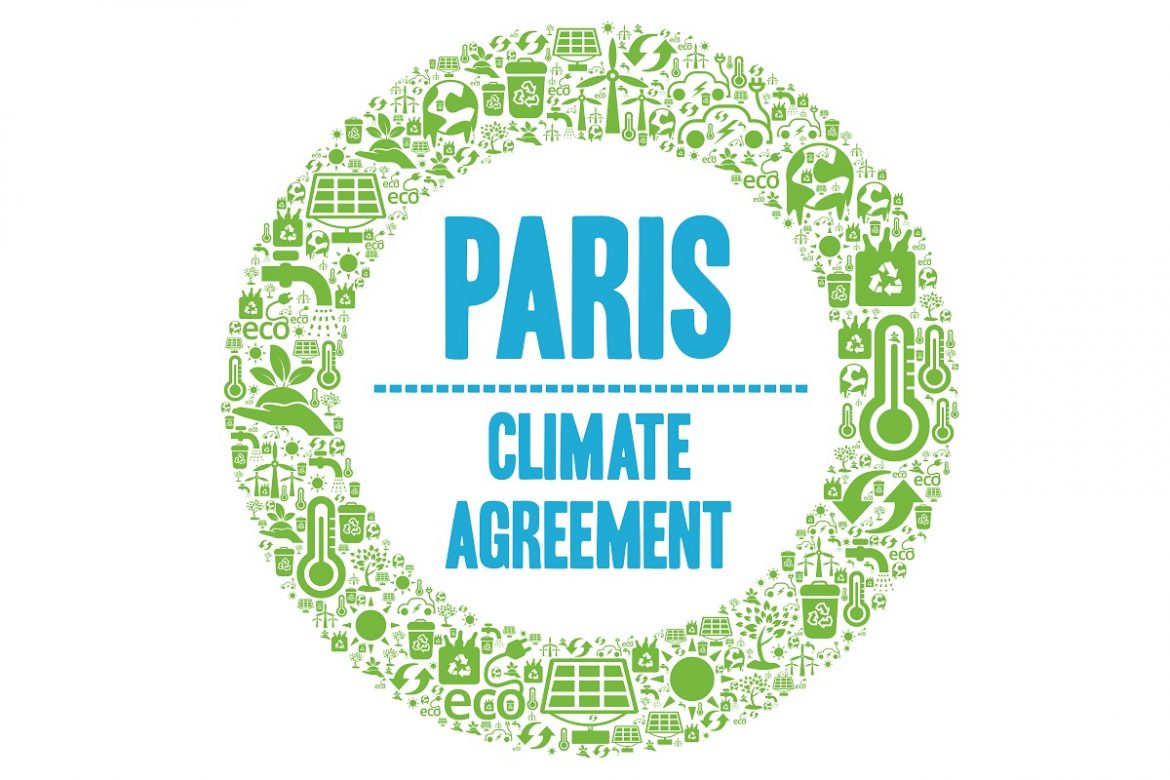It turns out that Costa Rica promised more than it was really able to comply with regarding the Paris Agreement. The commitment was made without any recent data on the hydrocarbons that Costa Rica consumes and releases into the air, adding to the global climate crisis.
Costa Rica announced before this global audience its commitment to substantially reduce emissions that cause global warming. This is following years upon years of non-compliance. There’s not even reliable recent data.
Dozens of nations, including Costa Rica, signed the Paris Agreement in 2015. Since then, a total of 192 countries and the European Union have signed it. Everyone wants to limit the increase in global temperature this century to 2 degrees Celsius and limit the increase to 1.5 degrees.
Each country has action plans and goals in Nationally Determined Contributions.
Costa Rica promised a maximum of net emissions in 2030 of 9,110 million tons of carbon dioxide, a maximum of net emissions from 2021 to 2030 of 106.53 million tons of CO2, and an annual average of less than 12,000 tons of CO2 for nine years.
We are not on track for this at all, despite the international image that Costa Rica is pro-environment.
The Minister of Environment and Energy says that the issue is that “we promised more than we could without having a framework for action.”
Transportation is the sector responsible for emitting the most gases.
There has been a growth since 2017 in the emissions and no real change to curb it.
There will be a progress or setback report disclosed in 2024.

